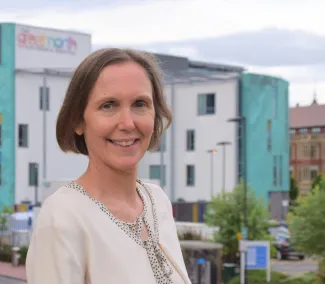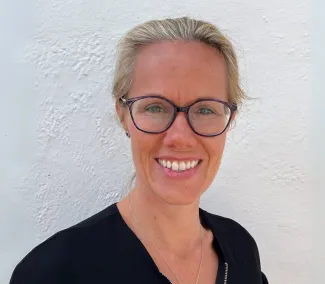“Writing gave me something to focus on”
Raysa Farah’s son, S’aad, was diagnosed with leukaemia aged two. Here, she explains how her and S’aad’s experiences during his treatment inspired her to write a children’s book, empowering both her and other young children with cancer.


